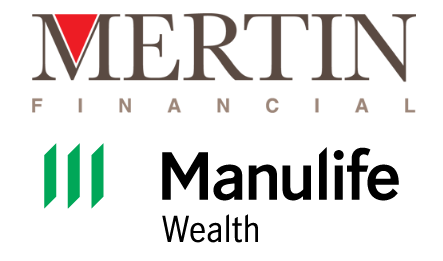Reduce your debts and increase your financial security
Article Licenses: CA, unknown, unknown, unknown
Advisor Licenses:
Compliant content provided by Adviceon® Media for educational purposes only.
In 2008, escalating mortgage debt caused a financial crash that decimated the retirement income of many. Debt control is becoming a critical issue.

Credit interest eats away at wealth. Every household has a budget and must live within its means and save for the future. We each must be careful not to allow debt interest repayment to reduce our ability to live comfortably or retire with financial security.
Interest on the debt except for investment or business debt is paid with after-tax income. It reduces our capacity to pay down the principle on our mortgages or increase our investments for retirement.
Shift your financial paradigm away from debt The fact that so many people act without discretion while increasing debt shows that consumers need a more mature view of finance. We need to examine our genuine need for each purchase and consider the effect on our family’s income-creating ability before giving in to the temptation to buy more of what we cannot afford.
To avoid debt, we need to govern our response to each desire to have what we cannot afford. How do we do this? Work at not buying what you cannot afford, meaning living by a responsible paradigm of fiscal temperance. Learning to say to yourself, “No. I will survive without this item and will be better off debt-free!”
“If worst comes to worst, meet poverty halfway by retrenching expenses. That is what I am striving to do and reform before poverty forces me to do so. Furthermore, I have established enough levels in my soul where I can get along with less than I have; get along contentedly, I mean, Not by the calculation of our income, but by your manner of living and your culture, is your wealth really to be reckoned”. Montaigne
Reduce debt for societal justice Good financial discernment directs our actions when considering taking on debt. If a man, for example, has borrowed fifty dollars from a friend to go to a concert with his girlfriend, the goal of fiscal justice is to pay his friend back what is due to him. In conformity with the right reason, Justice demands that the fifty dollars be paid back. But how and when shall it be paid back? An imprudent man might never pay it back, so he would fail to observe the rule of social justice in finance.
Develop a strategy to pay back debt To pay back debt requires the resolution to set aside a small sum from our income each week or month until we have allocated repayment of our obligations. Look at all of your debts and begin to pay down the higher interest-bearing debts first. Another approach would be to pay off the smaller loans and credit cards first to achieve victories sooner while creating the habit of debt reduction.
What is your financial viewpoint? We must be determined to be directed by wise discretion regarding how we use credit to attain financial goals. This is for the good of all – family and society. Your financial advisor can guide you to reduce debt and increase your investment portfolio.
The Advisor and Manulife Securities Incorporated, ("Manulife Securities") do not make
any representation that the information in any linked site is accurate and
will not accept any responsibility or liability for any inaccuracies in
the information not maintained by them, such as linked sites. Any opinion
or advice expressed in a linked site should not be construed as the opinion
or advice of the advisor or Manulife Securities. The information in this
communication is subject to change without notice.
This publication contains opinions of the writer and may not reflect opinions
of the Advisor and Manulife Securities Incorporated, the information contained
herein was obtained from sources believed to be reliable, no representation,
or warranty, express or implied, is made by the writer, Manulife Securities or
any other person as to its accuracy, completeness or correctness. This
publication is not an offer to sell or a solicitation of an offer to buy any
of the securities. The securities discussed in this publication may not be
eligible for sale in some jurisdictions. If you are not a Canadian resident,
this report should not have been delivered to you. This publication is not
meant to provide legal or account advice. As each situation is different you
should consult your own professional Advisors for advice based on your
specific circumstances.





